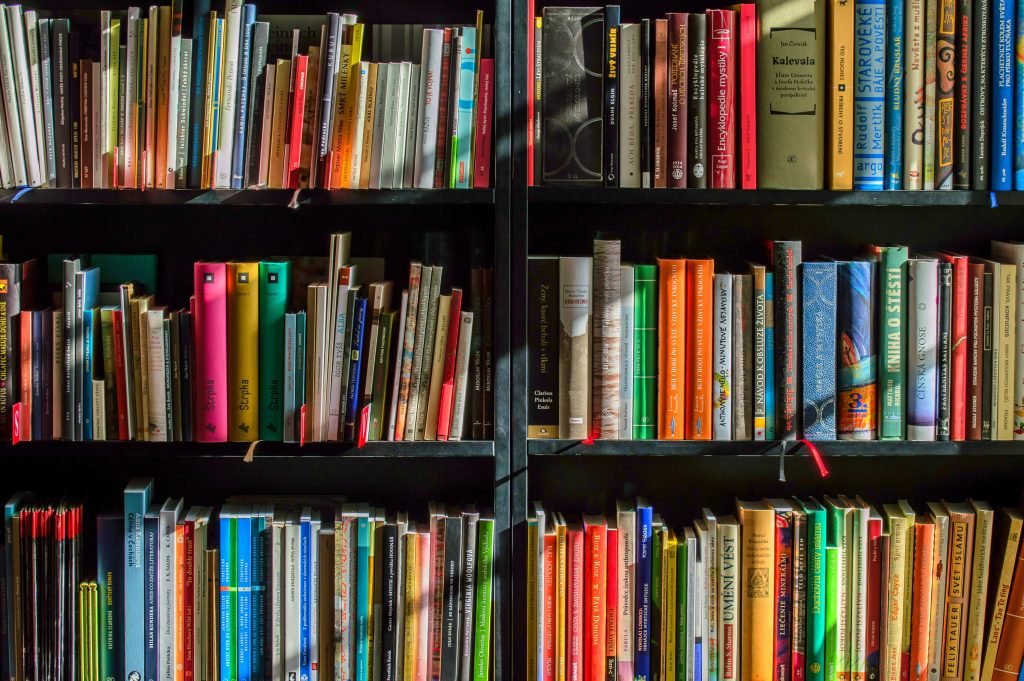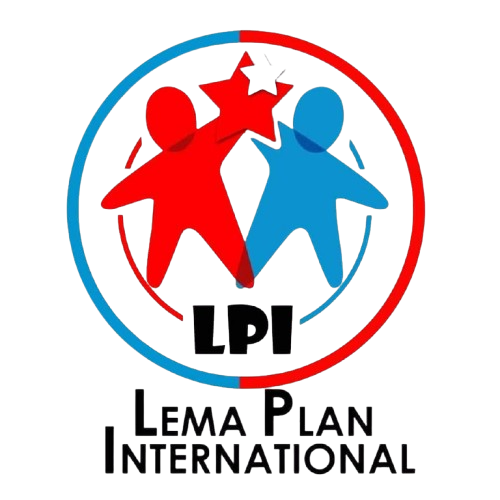1.Could you please specify the date of the school’s establishment?
The EPP Adétikopé Groupe C, located on the outskirts of Lomé, was founded on October 16, 2014.
2.Who is the current director of the educational institution?
The current director is Ms. SABIDJA Adjaratou.
3.Are there any other NGOs currently involved in your library project?
At present, there are no other NGOs supporting the school, except for Léma Plan International (LPI), which has consistently provided assistance.
4.What is the capacity of your library in terms of accommodating children?
The new library is relatively small and can only accommodate 20 students per session.

5.Are you aware that all the books donated come from the Swiss community following a fundraising appeal initiated by the CHACUN POUR TOUS radio and television station in Lausanne, Switzerland? Do you have a message to convey to them?
We recognize that all the books originate from Switzerland, and we are extremely grateful for the support they have extended to our institution.
6.As the school principal, how many books do you recommend that the students of EPP Adétikopé Group C read each month to foster a reading culture within your institution?
In light of our busy schedule, we have arranged to conduct daily reading sessions, allowing students to read more than 10 books on average each month.
7.What budget do you anticipate for hiring a librarian in Togo by 2025?
In Togo, to employ a librarian, we require an annual budget of six hundred fifty-three Swiss francs (653 CHF).
8.If the school requires additional books for its library, could you specify the number of books you plan to acquire to enhance your collection, based on the project submitted to our organization this year?
While I cannot provide an exact number, I believe we will need hundreds of books, particularly local titles, to enrich our library.
9.What is the total number of students enrolled in the school?
In total, the school has three hundred forty-three (343) students, comprising one hundred sixty-three (163) boys and one hundred eighty (180) girls
10.Considering that African culture does not always promote reading among children, what initiatives does your school have in place to encourage reading from an early age?
To promote reading, we will conduct group sessions with 20 students each day, and if necessary, we will organize reading competitions within the school.
10.Considering that African culture does not always promote reading among children, what initiatives does your school have in place to encourage reading from an early age?
To promote reading, we will conduct group sessions with 20 students each day, and if necessary, we will organize reading competitions within the school.
12.What measures are we implementing as a school to ensure that underprivileged children have adequate access to school supplies, including books, notebooks, and pens?
Due to our constrained resources, we continue to seek help from non-gouvernemental organizations to offer support to underprivileged children.
13.What are the reasons that led to a change in policy regarding NGO access to schools for charitable donations? Could you provide a brief overview?
Currently, for an NGO or association to make donations to a school or educational institution, it must obtain authorization from the Ministry of Education. This requirement is in place to verify the credibility of the NGO and the quality of the donation
In conclusion, in partnership with the school administration, our organization intends to raise awareness among the children of EPP Adetiokopé regarding the effective use of books to enhance their academic performance and to emphasize the significance of reading. We aim to implement this initiative for a minimum duration of two years.
If you are interested in making a donation and wish to become a regular contributor, please click the link below.
Please review the Global Project report provided below.
